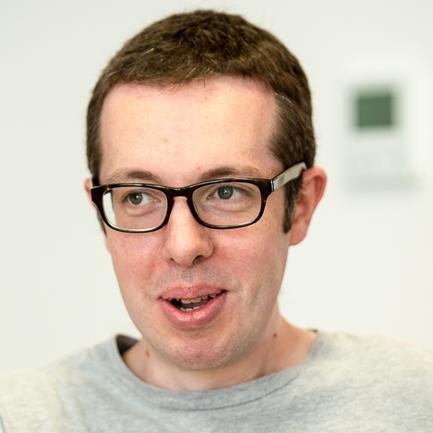Subscribe to our newsletter
#FoundersFriday with Euan Adie from Altmetric

We are very excited to be launching a new recurring series on our blog, #FoundersFriday, in which we will be interviewing the founders of different scholarly communication businesses, asking them to share their advice for others and their perspective on the industry as a whole.
For this edition we have interviewed Euan Adie (@Stew), founder of our portfolio company Altmetric.
What made you decide to leave your job and launch your own business idea?
Well, I’d been working on Altmetric for some time on evenings and weekends. It was my pet project and I really wanted it to succeed, and my past experience was that – for lots of reasons, good and bad – it’d be better off outside of a large company. I also liked the challenge of knowing that if it failed it was because of something I was responsible for, rather than somebody else, and the freedom to work how I wanted with the people I wanted.
As the founder of a business, what are you most proud of?
I’m proud of two things which I realize may seem quite hand wavy:
One is that we’ve got a mission – to help researchers get credit where credit is due – and to date we’ve been pretty good about following where it has taken us. I like us having that underlying drive and I’m proud that it seems to be working. Looking back, we’ve made non-trivial contributions to new thinking about scholarly communication and research assessment, and I think we can continue to do this in the future.
I’m also proud of having been able to find and work with the people in the Altmetric team. Watching people grow with the business, in particular, is awesome, as is seeing people do a much better job with something than I would have done by myself.
If you could go back in time and give your pre-startup self one piece of advice, what would it be and why?
I have two!
“Try to make friends with a lawyer and an accountant, they are expensive”
“It turns out nobody else knows what they’re doing either, so take advice from everybody (except the above) with a pinch of salt”
Suppose I have an idea for a tool, or a solution for a problem, within the research landscape and I want to develop my idea into a business. What would your advice to me be?
Be honest with yourself about whether or not it could be a commercial success, by which I mean can it support you financially as you develop it, not make you millions of dollars. Then don’t talk, do. Don’t feel like you need to be funded straight away (at least beyond seed funding if you can’t work a day job too).
I’m focusing on the financial aspects not because it’s the main reason you’d run your own business (if it is, my tip is to not work in the research space). I’m focusing on it because if you want to be working on it in three years then your ideas need to be footing the bill.
Working on an early stage start-up is hard but frankly so is staying in research. Plus this way you get to be your own boss straight away instead of in twenty years.
In the scholarly communication & publishing space, it’s often said that people have the same conversations again and again. Can you think of an issue that, in your view, people aren’t talking about enough?
I think there are lots and lots of small problems that we don’t talk about enough by some sort of weird convention. Like, why do I have to put the head of my lab as the last author on my paper even though she or he did no actual work? And the research assistant who did the actual experiment – they go in the acknowledgements rather than the author list?
I also think we’re not doing enough to reduce the stigma of being ‘wrong’ and retractions. I don’t mean for people who deliberately falsify results to make themselves look good, I’m talking about people who accidentally introduce an error into papers, who make a silly mistake they only discover later. You should be able to admit mistakes and get some credit for that.
What does the future have in store?
We’ve always focused more on engagement and impact, I’d love for us to do more around helping people assess the quality of research. It wouldn’t necessarily be in the same way we track engagement – I’m not sure you can ‘measure’ quality. I’m sure we could give people some pretty good tools & indicators though.
